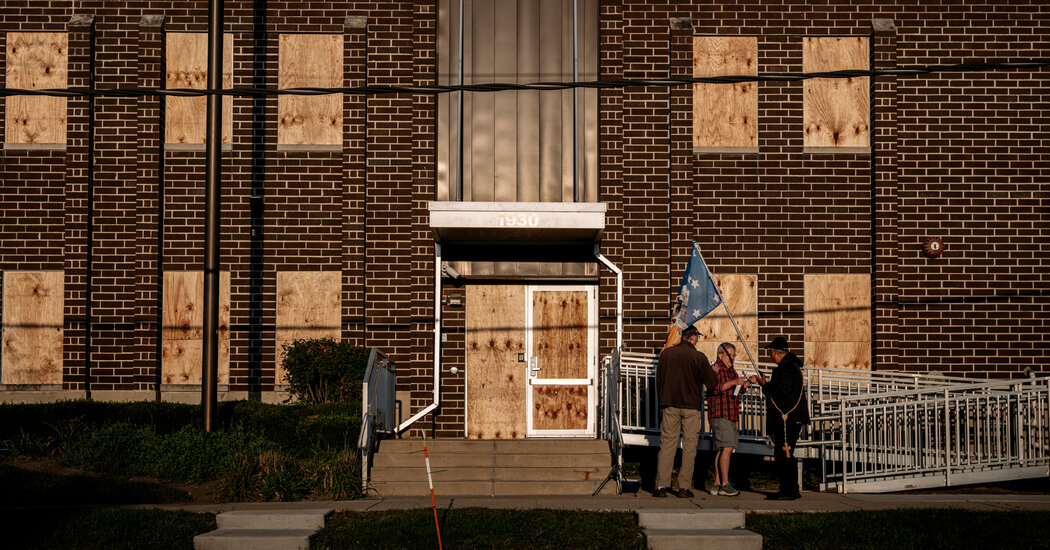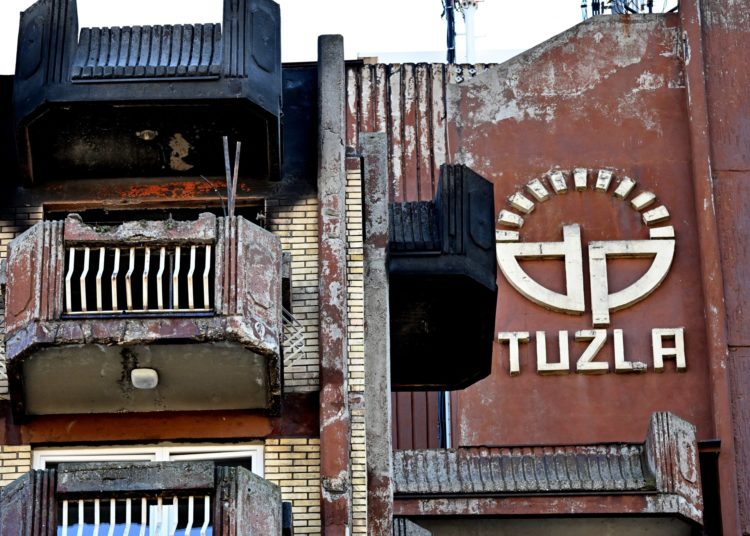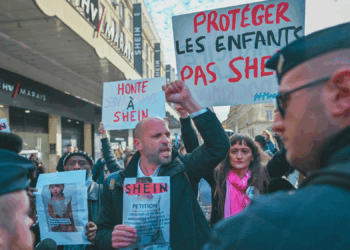Five people who were detained recently by immigration officials in Illinois told a federal judge on Tuesday that they experienced unsanitary conditions and little or no access to lawyers inside a suburban Chicago processing facility that has been the site of frequent protests.
The judge, Robert W. Gettleman, did not immediately rule on a request to impose restrictions on how federal officials manage that center in Broadview, Ill., which has seen a sharp uptick in activity as the Trump administration has carried out a crackdown on illegal immigration in the Chicago area. But Judge Gettleman voiced concern about “conditions that are unnecessarily cruel” and suggested that he would announce a decision on Wednesday afternoon.
“I do think the plaintiffs have made a case that justifies the entry of some sort of temporary restraining order,” said Judge Gettleman, who was nominated to the federal bench by President Bill Clinton.
Jana Brady, a lawyer for the federal government, said giving plaintiffs everything they were seeking in a temporary restraining order “would effectively halt the government’s ability to enforce immigration laws in Illinois” and infringe on the authority of the executive branch.
There are no beds and no working showers at the Broadview detention center, which was designed for stays of roughly 12 hours, but where some people have recently been held for several days. Ms. Brady said officials in Broadview had recently ordered wipes so that detainees could clean themselves.
“The government has improved the operations at the Broadview facility over the last couple months,” Ms. Brady said, adding that “it’s been a learning curve.”
The judge listened for hours on Tuesday as former detainees described squalid and uncomfortable conditions in Broadview, often with limited pushback from the federal government’s lawyers, who said they had just been assigned the case and were working to learn more about the facility’s operations.
Several of the former detainees testified that they had no access to soap or toothbrushes, and were forced to sleep on uncomfortable chairs or a concrete floor. The toilets were not private, the detainees said, and one man described having to use the bathroom while other detainees were just an arm’s length away. The detainees and their lawyers also raised concerns about the availability of food, medical care and drinking water at the facility.
“It smelled like a dirty washroom, like sweat, like a dirty locker,” said Felipe Agustin Zamacona, a delivery driver who told the judge that he was originally from Mexico but had lived in the United States for more than 30 years until being arrested last week and sent to Broadview. He said that “it seemed like they never mopped or they never swept. There was garbage everywhere.”
Two immigration lawyers testified that they had been denied access to clients detained in Broadview. And another former detainee, Claudia Carolina Pereira Guevara, who was held in Broadview in early October, said she had asked to speak to a lawyer but was turned down.
“They said, ‘Well, what for?’ because I didn’t have anything I can do anymore,” she testified over video from Honduras, where she has been since being deported. She said she told the agents that she wanted to talk to a lawyer because “I had my children there and I didn’t want to leave them behind.”
The Trump administration has flooded the Chicago area with immigration enforcement officers over the last two months. Federal agents have made thousands of arrests, clashed with protesters and repeatedly used tear gas and physical force.
The facility in Broadview, a relatively small detention site in an industrial area west of Chicago, has become a logistical and symbolic center of the administration’s campaign. Newly arrested immigrants are frequently taken to Broadview to be processed before being deported or sent to longer-term detention centers in other states. Protesters have gathered in Broadview often, sometimes clashing with law enforcement officers.
Though it was not addressed in court on Tuesday, Catholic clergy members were recently blocked from administering Christian rites at the facility. Pope Leo XIV, who grew up in suburban Chicago, encouraged American immigration officials to allow faith leaders to deliver communion. The pope has spoken more forcefully against the Trump administration’s treatment of immigrants in recent months.
“I would certainly invite the authorities to allow pastoral workers to attend to the needs” of detained immigrants, the pope said.
Some of the detainees who testified on Tuesday said immigration officers had asked them to sign paperwork agreeing to be deported, and two of them claimed that the officers had misrepresented the information on that paperwork. A lawyer for the federal government described the claims about detainees being asked to sign forms as vague.
“These are a set of dire conditions that when taken together paint a harrowing picture,” Alexa Van Brunt, a lawyer for the plaintiffs, said in court. She asked the judge to impose restrictions so that “it is no longer operating like the black site that it has been.”
Ms. Brady, the lawyer for the government, said she had been told that detainees were provided hygiene products upon request, that they were offered one hot meal a day and that they had access to water. The former detainees mostly disputed those claims on the witness stand.
Lawyers for the plaintiffs gave Judge Gettleman a long list of conditions that they would like to see imposed on the operation of Broadview, including inspections, restrictions on capacity, better sanitation and guaranteed access to lawyers.
Judge Gettleman suggested that he was unlikely to allow inspections at this point, and said that “I don’t want to fashion an order that is impossible to comply with.” He emphasized that any order would not be an attempt to block immigration enforcement.
But the judge described the evidence as “a disturbing record” and said the Broadview center had become something entirely different than the short-term holding site it was designed to be.
“It has really become a prison,” Judge Gettleman said. “When somebody is being held five days or longer, it is no longer just a processing center.”
Chris Cameron contributed reporting.
Mitch Smith is a Chicago-based national correspondent for The Times, covering the Midwest and Great Plains.
The post ‘Unnecessarily Cruel’: Judge Expresses Alarm About ICE Detention Conditions appeared first on New York Times.




